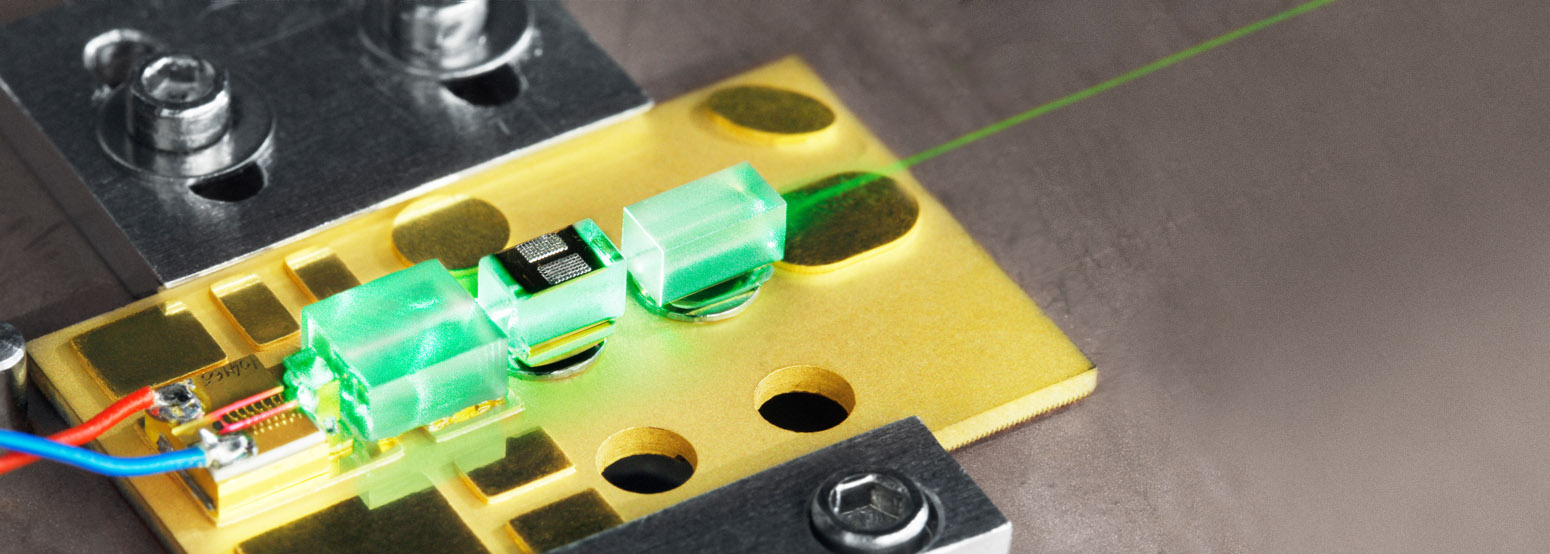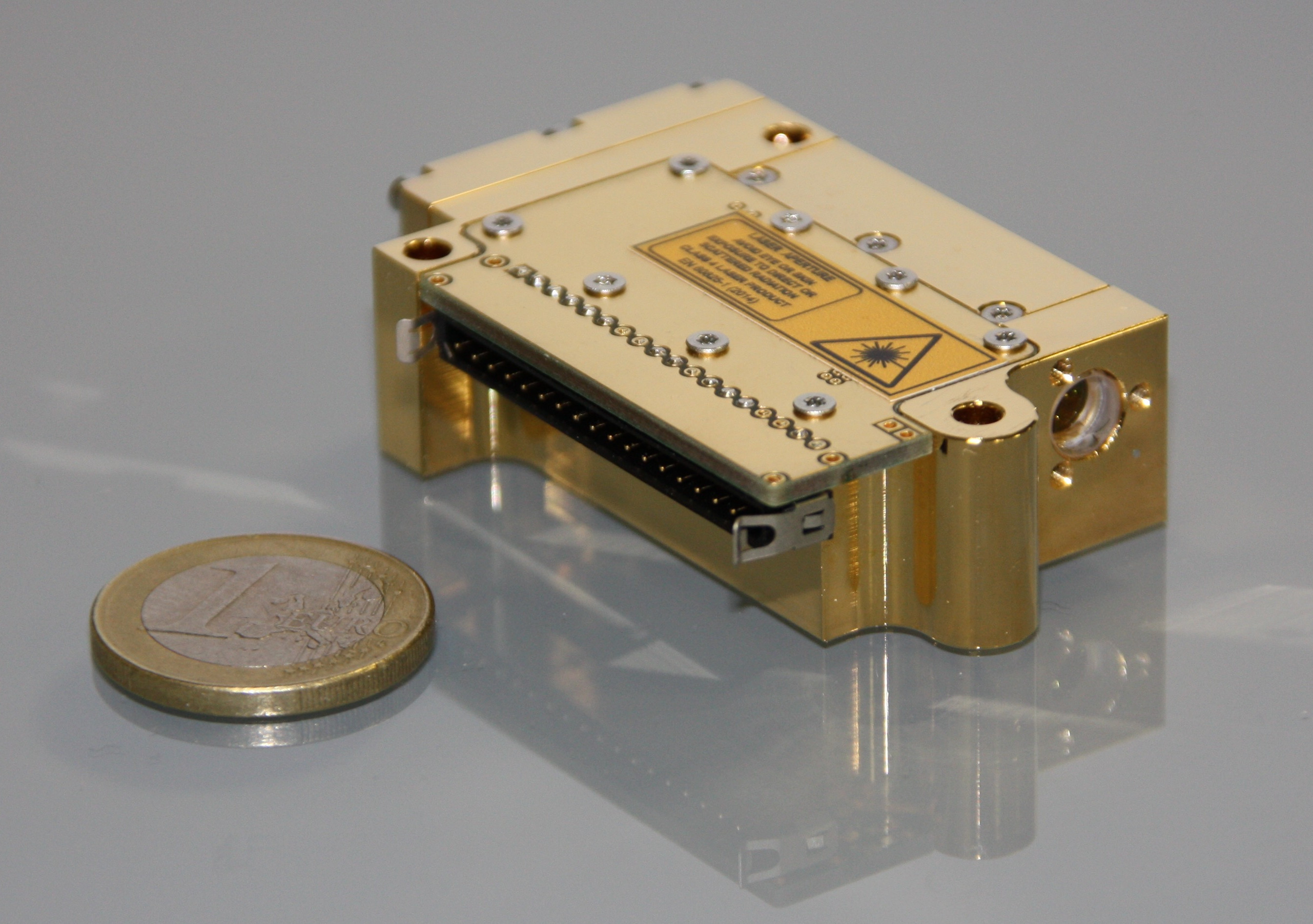Contents

Source: Fraunhofer-Gesellschaft
Microchip Lasers: Compact and Efficient Laser Technology
Introduction to Microchip Lasers
Microchip lasers are alignment-free solid-state lasers that offer high efficiency and compactness. These lasers have the laser crystal directly in contact with the end mirrors of the laser resonator, making them highly stable and easy to operate.
Working Principle and Components
Microchip lasers typically use laser crystals like Nd:YAG or Nd:YVO4 for emitting in the 1-μm or 1.3-μm region. They are often pumped with laser diodes and can achieve average powers ranging from a few hundred milliwatts to over 1 W.
Resonator Modes and Polarized Emission
Most microchip lasers do not have intentionally curved resonator mirrors, and their resonator modes are determined by factors like thermal lensing in the laser crystal. The emission can be polarized due to effects like thermally induced birefringence.
Short Pulse Generation and Nonlinear Frequency Conversion
Microchip lasers can generate short pulses using techniques like gain switching and Q-switching, producing pulses below 1 ns in duration. They also enable efficient nonlinear frequency conversion, allowing for the generation of different wavelengths through processes like frequency doubling.
Applications of Microchip Lasers
Microchip lasers find applications in various fields, including laser range finding, supercontinuum generation, spectroscopy, LIDAR, and laser micromachining. Their compact size, high peak powers, and short pulse durations make them versatile tools for different tasks.
Conclusion
Microchip lasers represent a significant advancement in laser technology, offering a combination of compactness, efficiency, and versatility. Their unique features make them valuable tools across a wide range of applications, from scientific research to industrial processes.

Source: LAS Photonics
Feel free to comment your thoughts.



